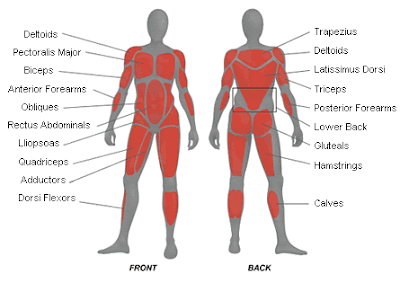What is the appendix? Essentially, it is a small "bag-like" item inside of the large intestine, which sometimes increases in size. It is a vestigial organ, meaning that it at one point served a purpose but basically is left over from evolution. It usually doesn't cause any problems but there are times when its opening point is closed due to a large amount of bowel material. Because of this bowel material, there can be bacteria which cause even more complicated and harmful effects. Due to this, the appendix may become inflamed and as a result, the patient feels a great pain in his abdomen. This condition is called appendicitis.
Generally, anyone can be affected, but the most frequently affected are those who are between the ages of 10 and 30. Extremely young children and very old people are far less likely to experience appendicitis. However, most you children that experience the pain from it cannot handle it because it is far too severe for them. The pain can last for 8 to 12 hours, but may persist longer in some cases. Generally, the final cure is surgery. If someone is prescribed medicine in order to decrease the pain, it often only works for a short period of time and then wears off afterwards. Once the effects of the medicine wear off, the pain starts again. Often, the pain is very sharp and extremely noticeable.
Symptoms of appendicitis may include, but are not limited to:
• The pain starts from the upper stomach part and it starts to move to the lower stomach.
• Pain lasts for 8 to 12 hours, and may continue even longer.
• Vomiting
• Loss of appetite
• Constipation
• Fever
Home Treatment:
• You may be confusing appendicitis with some other issue. Perhaps you simply over-ate or had something which upset your stomach. Wait it out to see if there is sharp pain which persists for 8 or more hours.
• If you experience many of the symptoms, including, but not limited to fever, vomiting, decrease of appetite, constipation, and sharp pain, then definitely don't wait to head over to the hospital. Visit the doctor as soon as possible in order to prevent future problems.
• Do not take any medicine that is anti-constipation as this may cause the rupture of the appendix, making the issue likely to become even more complicated.
• Also, pain killers are not advised because they generally do not help the situation at all. In fact, they may worsen it altogether.
• Visit a doctor if you suspect that you have appendicitis.
















